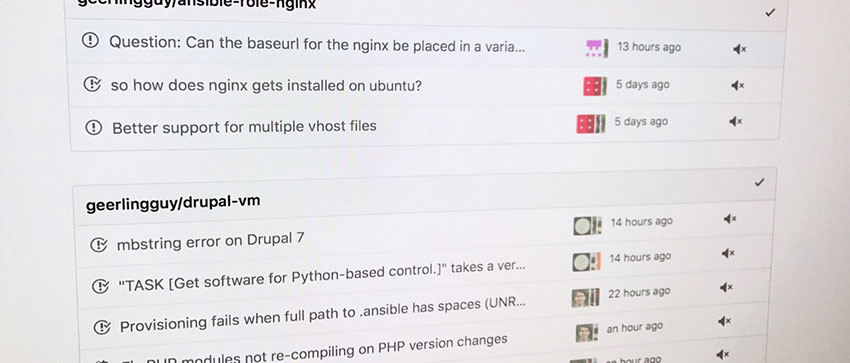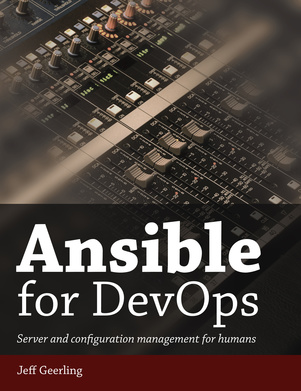Follow up questions to 'Don't drown in your open source project'
After I posted my presentation slides, transcript, and video from my presentation Don't drown in your open source project!, I received two follow-up questions (1, 2) on Twitter that I thought deserved a little better response than what I could do in 140 characters. So, here goes:
Do you ever abandon old projects? Thoughts on right/wrong ways?
Yes, in fact I've abandoned probably a dozen or so projects. The simplest examples:



